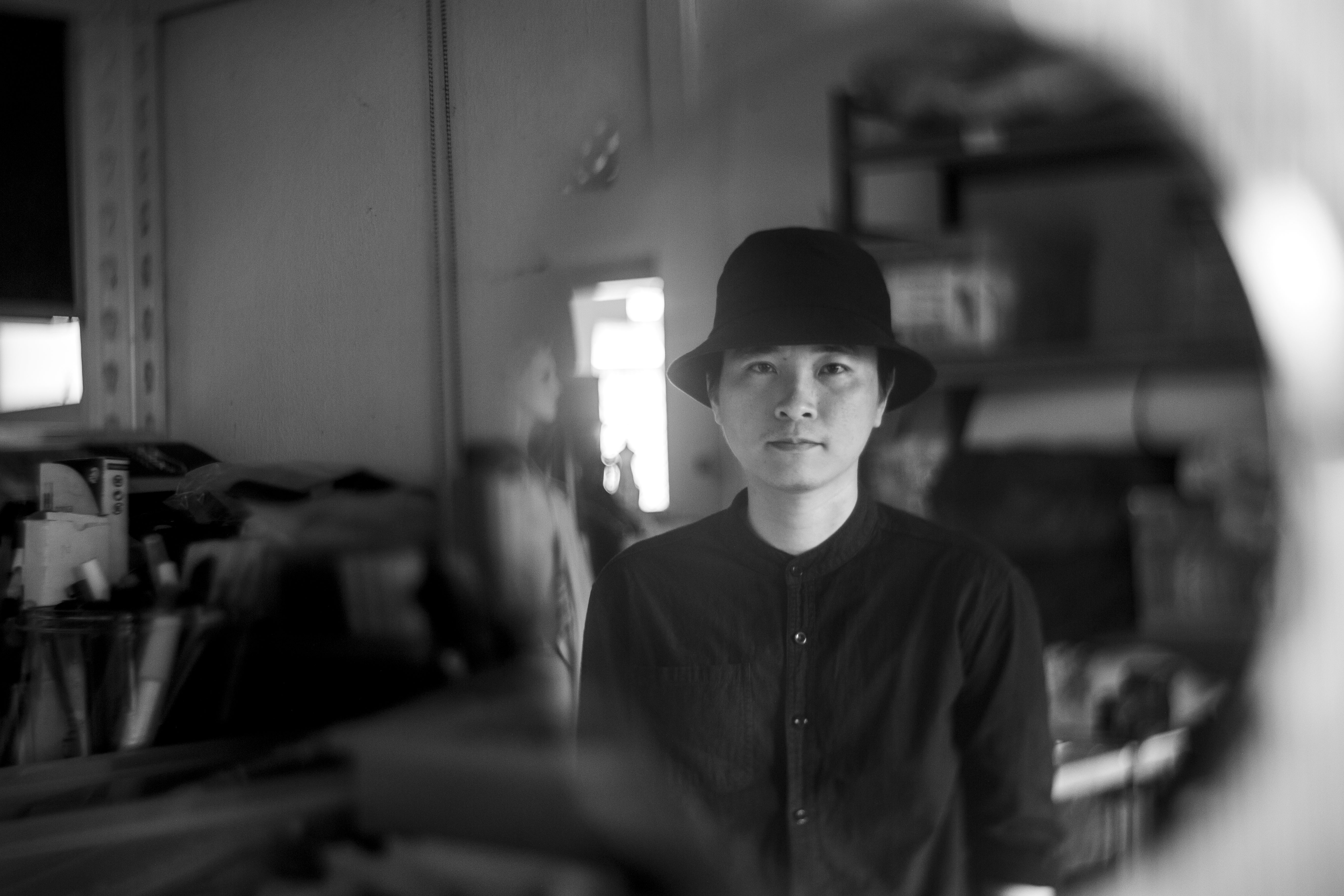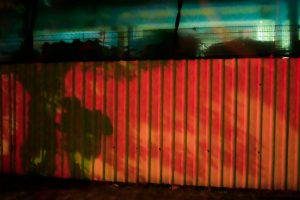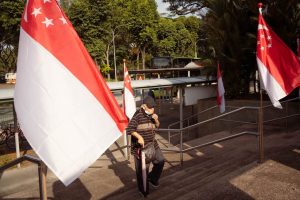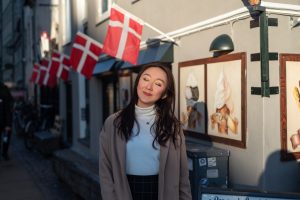Time passed. His children got married and raised their own families.
Then fate caught up with him, demanding that his family attend to Shuo Tian’s unfinished business.
So, 70 years after his brief sojourn to Singapore, his grandson, Liu Xiaoyi, embarked on the same journey and left China for Singapore.
This time, Xiaoyi stayed.
Why do some people choose to leave their homes, and why do others stay? Can you call two places your home? What does it even mean to say that you are a citizen of a certain country?
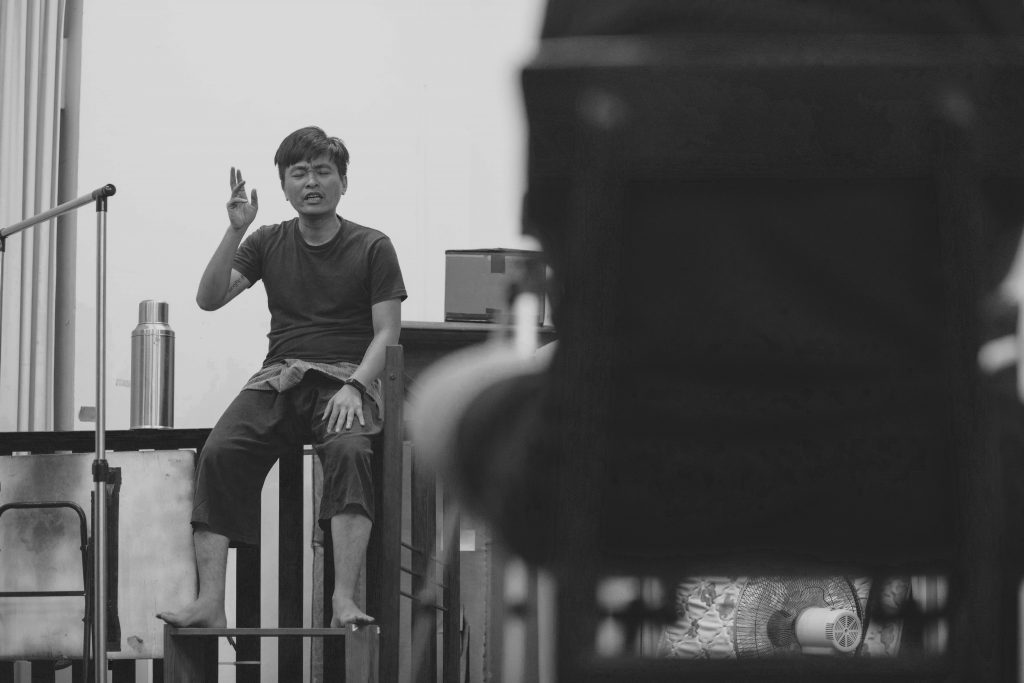
The autobiographical one-man show charts Xiaoyi’s pilgrimage in parallel with that of his grandfather, and, in the process, explores what it’s like to be an immigrant or a citizen in Singapore.
“99% of the script is real,” he reveals.
Playing the devil’s advocate, I ask him why he thinks Singaporeans would be interested in the narrative of a Chinese immigrant, especially given the increasingly xenophobic and nationalistic atmosphere pervading the world today.
“When we go into a theatre, we go there to share space and time together. We share stories. When you listen to my story, you think of your story. It’s not entirely about me … it’s people-to-people.”
As additional evidence for the collaborative nature of theatre, he cites his relationship with The Finger Players’ Oliver Chong, who is directing and designing the set for Citizen X.
At first glance, it makes no sense for a show written and performed by a Chinese immigrant to be directed by a Singaporean.
Xiaoyi is aware of that: “Oliver and me come from totally different backgrounds, in terms of nationality and our life experiences.”
“But when you’re performing a monologue, and you’re in the show, it’s so difficult to see things clearly. So Oliver has a dialogue with me.”
Xiaoyi is talking about the process of theatre-making, but his insight applies to practically everything else in life. When we have a monologue with ourselves—or with people who think in a similar way to us—our perspectives become limited. We start seeing the world in uniform categories; communities we don’t interact with harden into stereotypes.
As Xiaoyi says, “The process of dialogue is very important. You have another perspective to look at the story.”
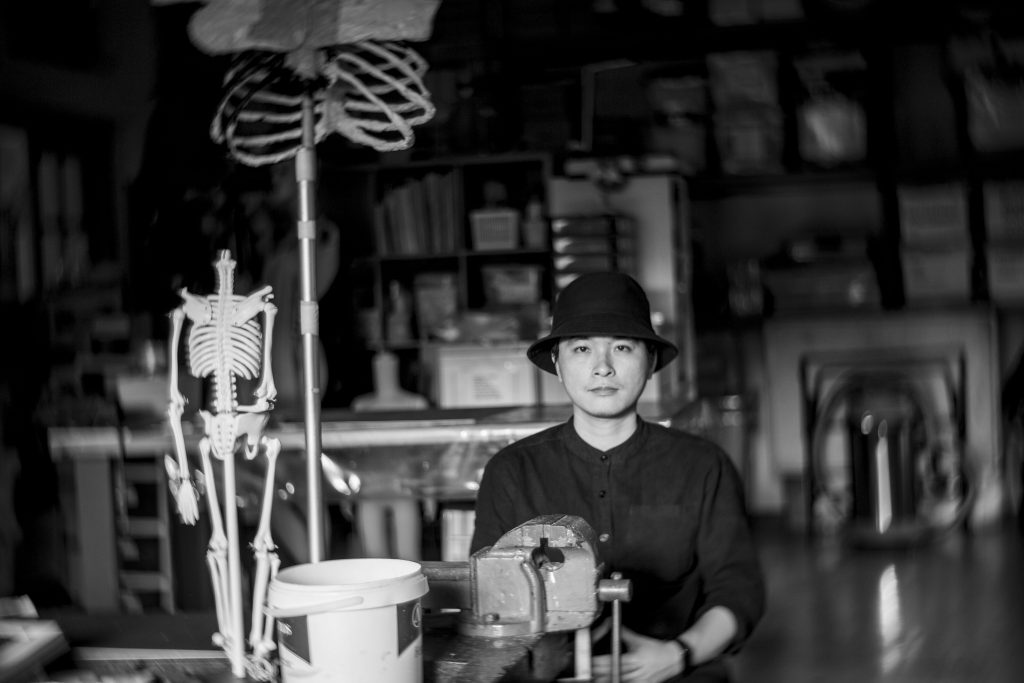
“You need to know who you are,” Xiaoyi tells me. “Language is one thing. Food is another. Or you can visit your hometown.”
“I try to reconnect with my family, my language, my hometown, my grandfather, through this show.”
Xiaoyi’s sentiments may initially come across as the sort of fuzzy motherhood statements that tend to come from the mouth of a politician. But as our conversation progresses, he deftly subverts my conventional understanding of the concepts of nationality and identity.
“I moved here alone when I was a teenager, in 1998. I was one of the early batches to receive a scholarship from MOE, and my parents made the decision for me … When you are young, you have no power to make this kind of decision.”
“But one day, when you are old enough, you start to wonder, ‘Why? Why am I here?’”
Taking into account that Xiaoyi has remained in Singapore the past 22 years, I assume that he has since resolved his identity crisis, and won’t be heading back to China, as his grandfather once did.
At first, Xiaoyi concurs: “After a long enough time, you start to have your friends, your career, even your family, in this new place. Then it’s hard for you to leave.”
“I even own a HDB now,” he laughs.
However, despite his bond to Singapore, things are not as straightforward as they seem.
“I can call both of Singapore and China my home. At the same time, I’m quite detached from both places. You know the kind of feeling? Neither here nor there.”
Xiaoyi, in other words, is the immigrant epitomised: always suspended between two worlds, calling both of them his home but, in reality, feeling like neither place truly is.
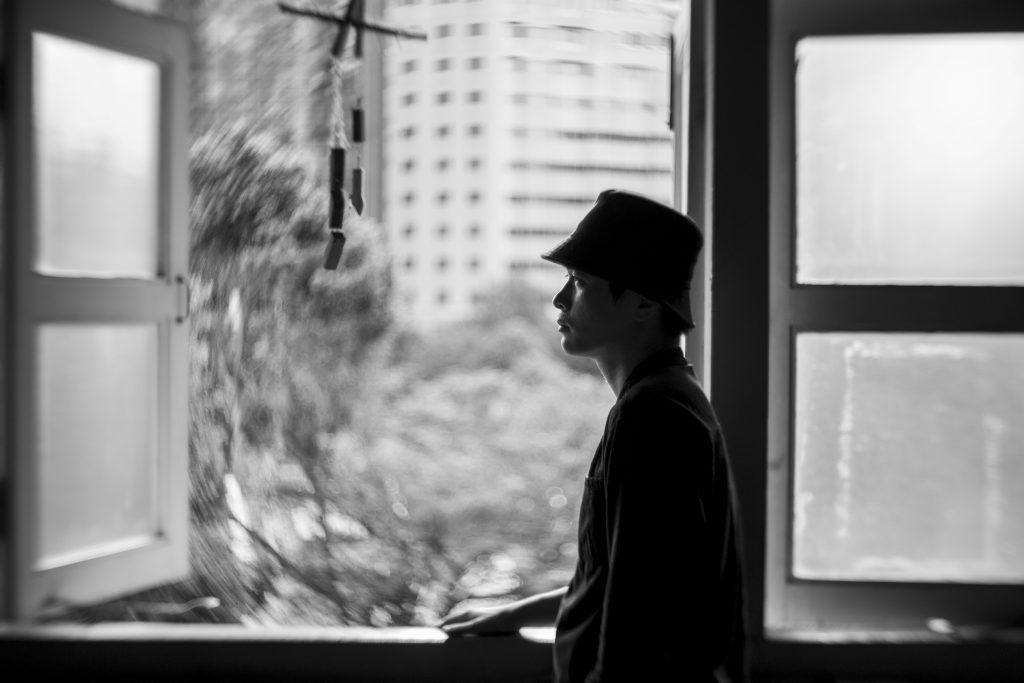
“National identity means quite little to me. Ultimately, it’s functional … like what kind of passport you are holding.”
“What’s more important is where I consider my home.”
To prove his point, Xiaoyi reveals that he always introduces himself as “an artist from Singapore” whenever he performs overseas, despite him holding a China passport.
“People will see Xiaoyi as someone from China,” he says, “but when you talk about being from China and having all these Chineseness, what are you talking about?”
“Are you talking about Chinese culture? Are you talking about the political identity? Are you talking about the small town I come from? Are you talking about my family?”
None of these aspects have any relevance to Xiaoyi’s life anymore, he says self-deprecatingly. For example, he is practically a foreigner when he visits his family because he is no longer familiar with China’s cultural context; he hardly speaks Teochew, the language of his hometown, except when talking to his parents.
Therefore, Xiaoyi is puzzled as to why we place so much emphasis on the label of citizenship and nationality, when the way you live your life is a better indication of who you are.
“The idea of identity is more important than the colour of your passport or IC.”
“Society is trying to divide, to put everyone in boxes,” Xiaoyi says. “So the point we want to make for Citizen X is that we are somebody’s son, somebody’s granddaughter.”
“We are all individuals. We are not our IC or passport.”
Do you feel like the colour of your passport defines who you are? Tell us at community@ricemedia.co.

